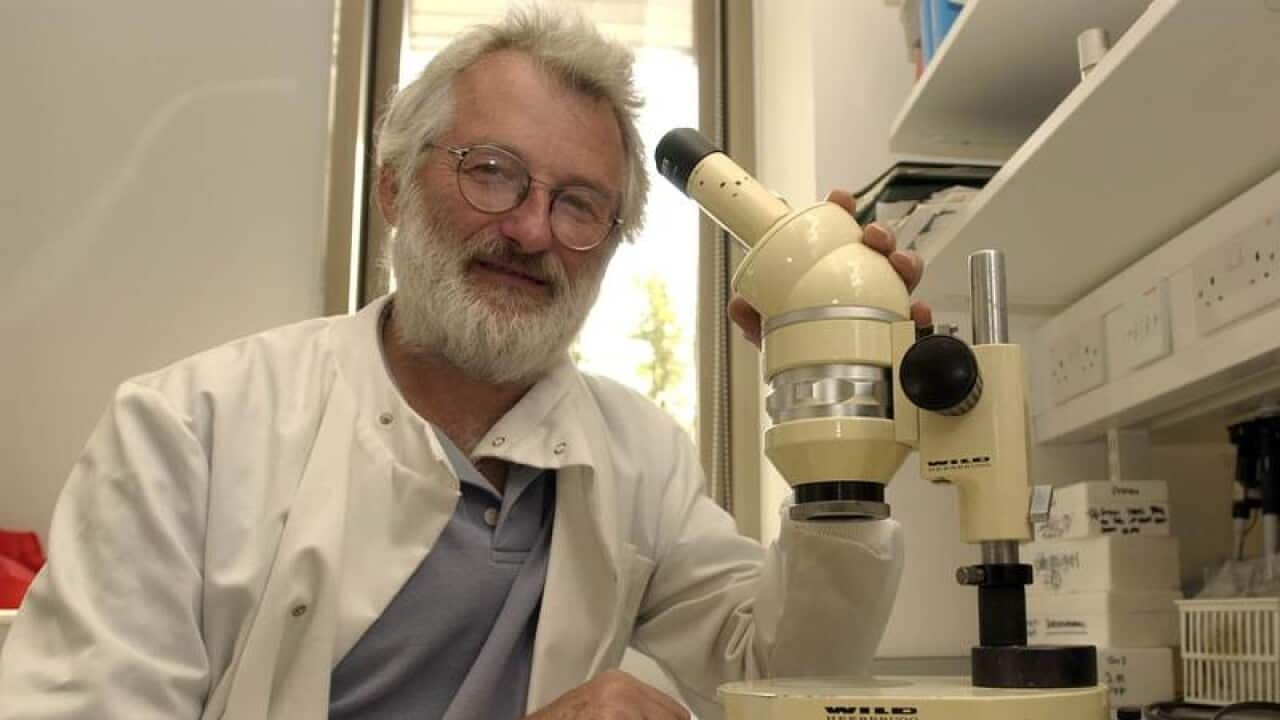John Sulston, a Nobel Prize-winning British scientist who helped decode the human genome, has died. He was 75.
The Wellcome Sanger Institute, the successor to the cutting-edge genomic research centre he once founded and directed, confirmed on Friday that Sulston had died but did not say when or give the cause of death.
Sulston shared the prize in 2002 for his contribution to work in unravelling how genes control cell division.
He traced the adult nematode worm, C. elegans, to decipher how cells divide and create something new, findings the institute said were key to understanding how cancers develop.
"He had a burning and unrelenting commitment to making genome data open to all without restriction and his leadership in this regard is in large part responsible for the free access now enjoyed," said Mike Stratton, the institute's director.
"We all feel the loss today of a great scientific visionary and leader who made historic, landmark contributions to knowledge of the living world, and established a mission and agenda that defines 21st century science."
Sulston was fascinated from an early age with the mechanical workings of organisms. He graduated from Cambridge University in 1963, and did postdoctoral research in California before joining Sydney Brenner's group at the Cambridge University molecular biology lab, where the structure of DNA was first identified. In 1990, they published the gene map of the nematode worm.
In 1992, Sulston was appointed director of the Sanger Centre, established at Cambridge to spearhead the British contribution to the international Human Genome Project.
He shared the Nobel Prize for medicine with Brenner and Robert Horvitz for their work.
At the time of his death, he was the chairman of the Institute of Science, Ethics and Innovation at the University of Manchester, where he researched the relationship between scientists and society.

